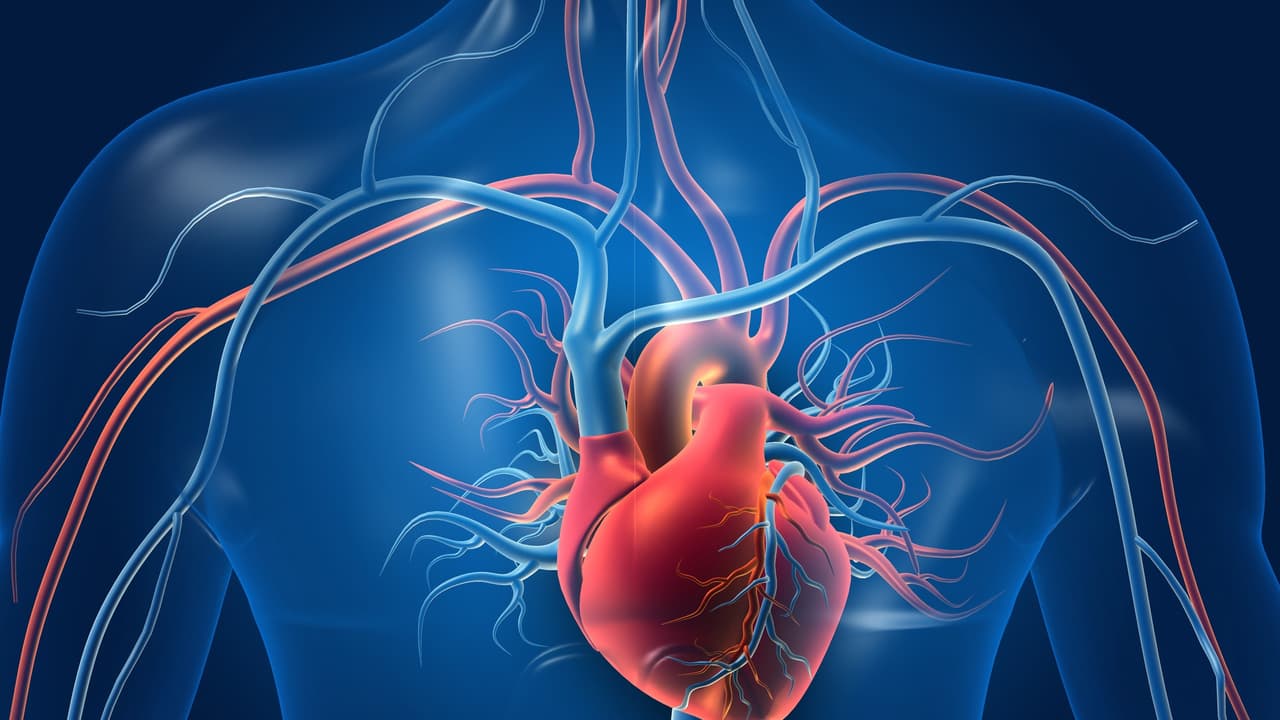Scientists at Mount Sinai have discovered a gene that can make the human heart repair itself. By reactivating the dormant CCNA2 gene, researchers regenerated damaged heart cells—offering new hope for treating heart attacks and heart failure.
In a landmark breakthrough that could reshape modern medicine, scientists have found that the human heart has the power to repair itself. The discovery opens the door to revolutionary treatments for millions suffering from heart attacks and heart failure worldwide.
The Gene That Brings the Heart Back to Life
Researchers from the Icahn School of Medicine at Mount Sinai in New York have identified a gene called Cyclin A2 (CCNA2) that could help the heart regenerate. This gene is naturally active during fetal development, helping the heart grow, but it switches off soon after birth—making adult heart cells incapable of dividing or repairing damage.
The Mount Sinai team successfully reactivated this dormant gene using a harmless virus to deliver CCNA2 into damaged heart muscle cells. When tested on donor heart cells aged 21, 41, and 55, the scientists observed the creation of new, healthy cells capable of contracting normally.
A Two-Decade Scientific Journey
The discovery is the result of nearly 20 years of research. Lead scientist Dr. Hina Chaudhry, director of cardiovascular regenerative medicine at Mount Sinai, first proved over a decade ago that the same technique could regenerate pig hearts after injury. Now, for the first time, the process has been shown to work in human heart tissue.
“This finding changes everything,” said Dr. Chaudhry. “It shows that even adult heart cells, once thought incapable of regeneration, can be reawakened to repair themselves. Our goal is to help the heart heal naturally after a heart attack or in heart failure—without relying solely on transplants or machines.”
A Hope for Millions
Heart disease remains the leading cause of death worldwide, with over 100,000 people admitted to hospitals each year in the UK alone due to heart attacks. More than one million Britons live with chronic heart failure, a condition that currently has no cure.
If approved by the U.S. Food and Drug Administration (FDA) for human trials, this gene therapy could become a game-changer—helping damaged hearts regenerate rather than deteriorate.
Published in the journal Regenerative Medicine, the study marks a turning point in cardiac science, offering hope that the human heart may one day truly heal itself.
